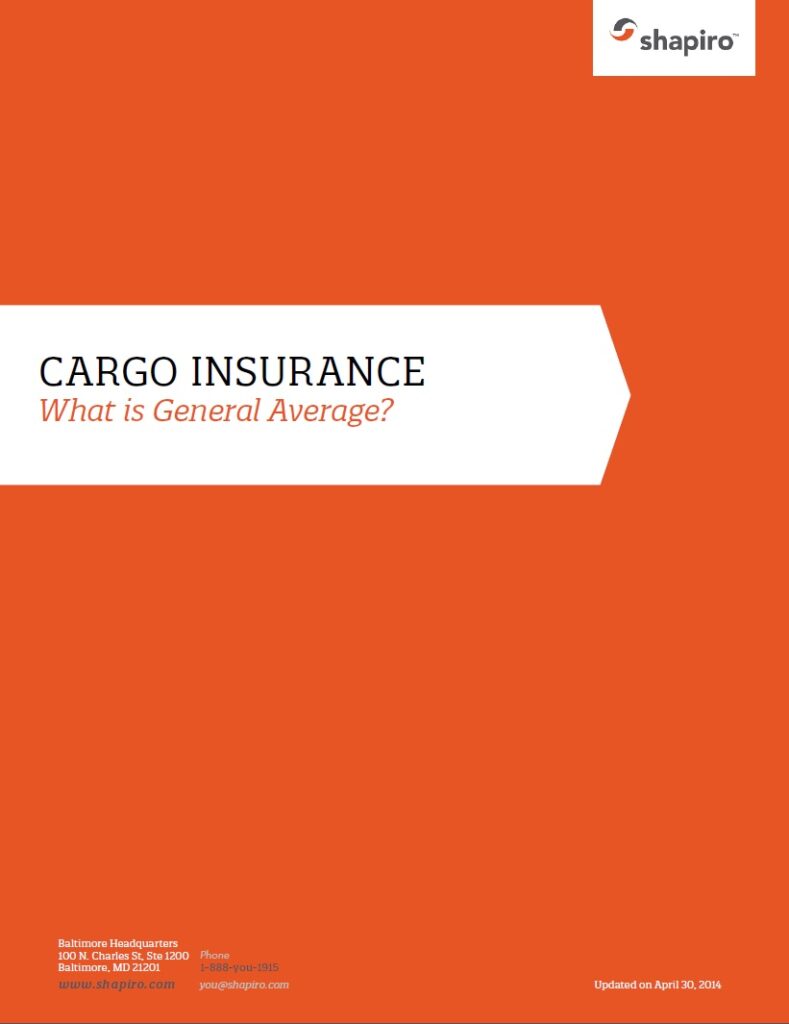Introduction
General Average means, literally, a general loss. When General Average is declared, not only are ocean carriers not liable for loss or damage to cargo, but every cargo owner is actually responsible, in part, for the cargo of others, as well as the ship itself.
General Average
A classic example of a General Average sacrifice is jettison to lighten a stranded vessel. Jettison is the throwing overboard of cargo or ship’s material, equipment or stores. Other examples include stranding, fires, and collisions. All participants (vessel and cargo owners) contribute to offset the losses incurred. General Average claims can be in the millions of dollars. What does this mean?
- All cargo is seized.
- All cargo owners are held responsible to share in the loss.
- Such cargo is generally delivered free of lien when the cargo owner puts up a security deposit or bond.
- Typically the security deposit must be cash.
- General Average computations are so complex normally a General Average adjuster is retained to determine the total General Average loss amount. The additional expenses for the General Average adjuster are billed on a shared basis to those with cargo on the vessel.
- General Average claims can take years to resolve.
If cargo is insured, the insurance company provides the guarantee (bond) and any contribution required for the loss. The potential financial loss from a General Average claim amplifies the importance of All Risks Cargo Insurance. The liability for General Average makes purchasing cargo insurance an essential business decision.

